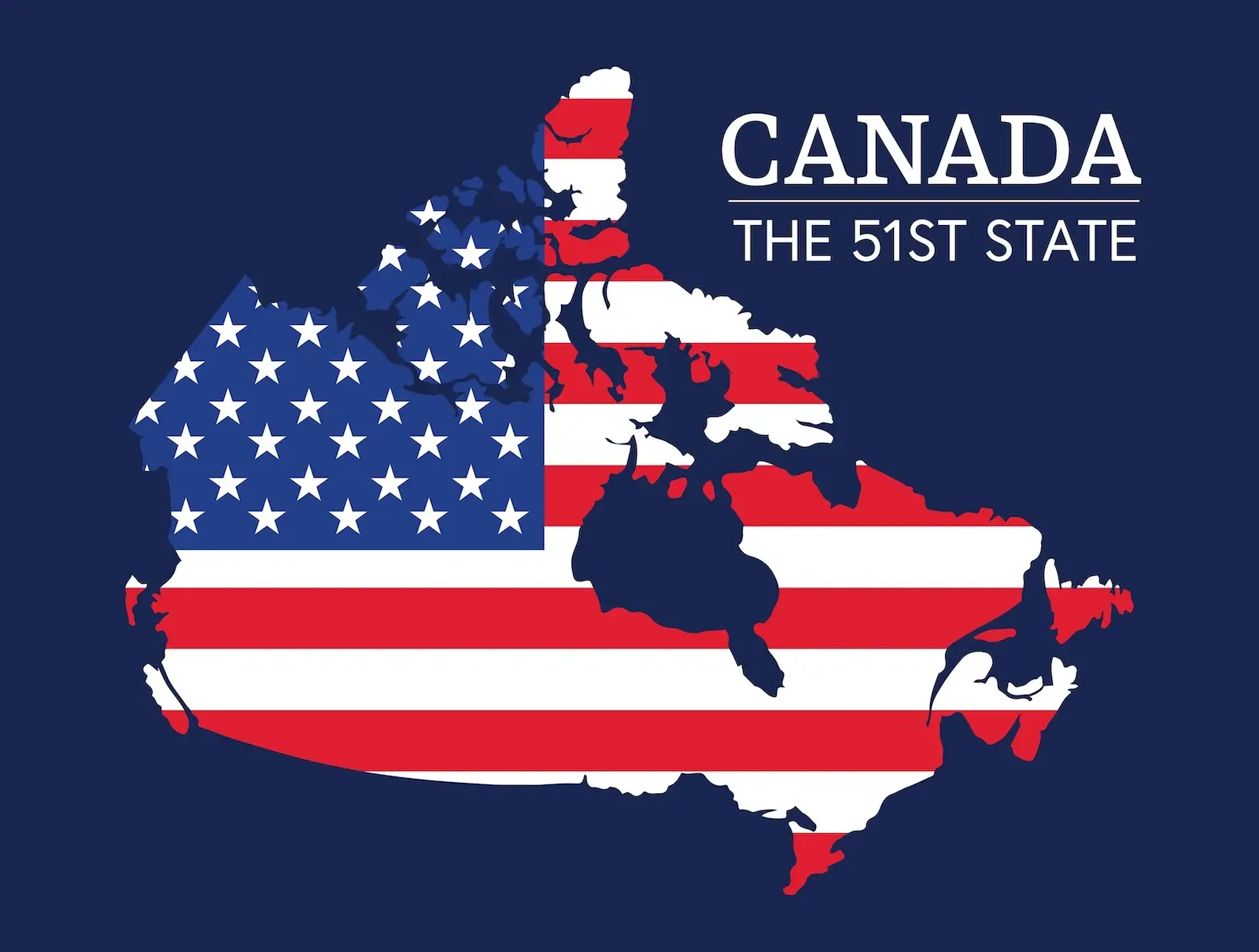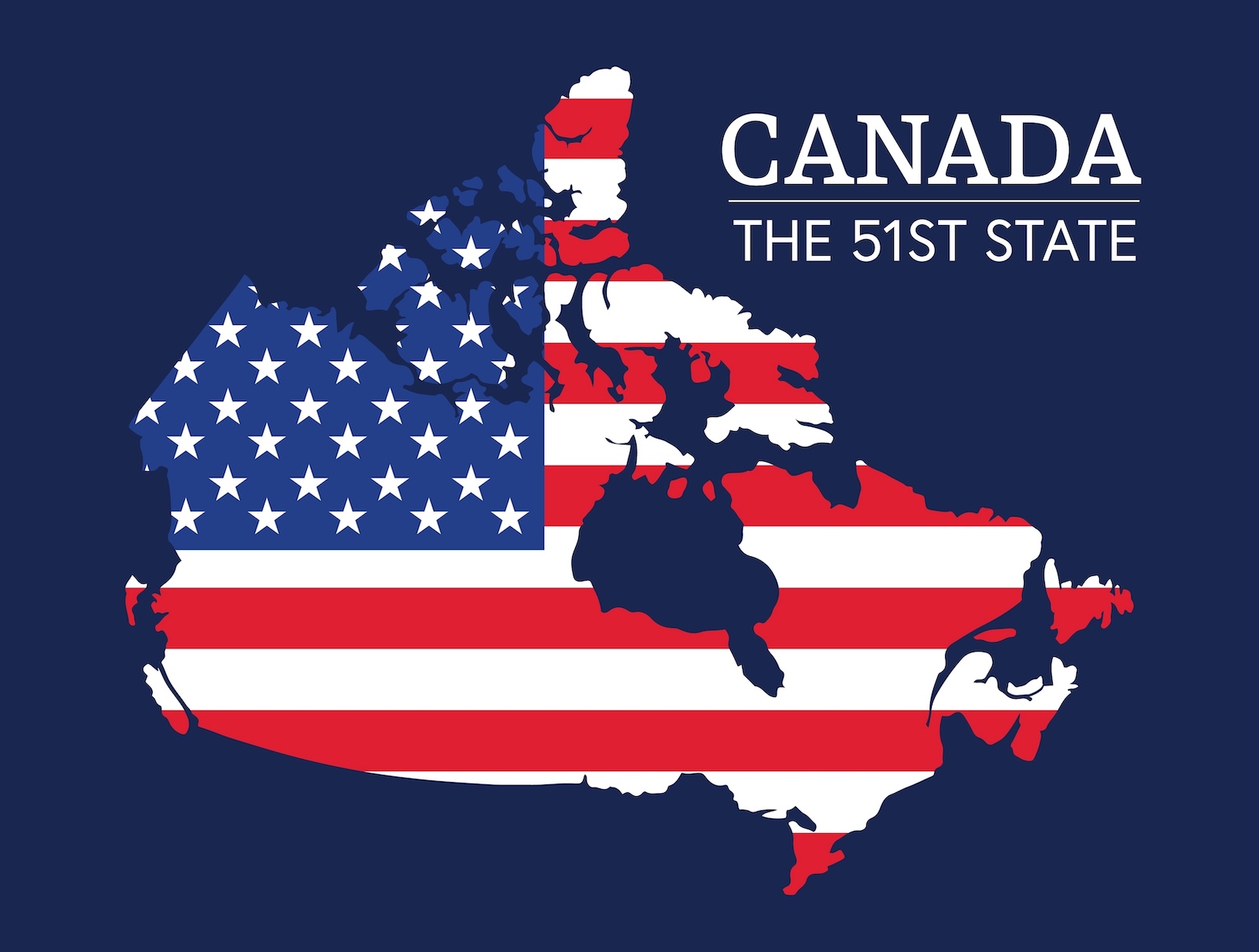March 17, 2025

The assassination of Archduke Franz Ferdinand, heir presumptive to the Austro-Hungarian throne on 28th June 1914 set off a chain reaction leading to the start of the first world war. Killed by a Bosnian student group that was supported by Serbs who feared the Habsburg Empire’s further encroach on their territory, Ferdinand’s death would ultimately lead to a rejigging of the European territories. The borders of the Austro-Hungarian Empire, the Russian Empire, the Ottoman Empire, the German Empire, the British Empire, and France were agreed in the Congress of Vienne of 1815 if not already in the Peace Treaty of Westphalia in 1648. Empires provided stability.[i]
In the 19th century, territorial expansion took place, in part, against the backdrop of the industrial revolution, leading to a further need for colonialism and ever extending borders and territory (in particular outside Europe) to secure commodities for production and trade, and to assert power.
A closer look at the European borders before June 1914 and after the Treaty of Versailles (signed on the 28th of June 1919, precisely five years after Ferdinand’s assassination) sheds a light on the deterioration of those empires and the emergence of smaller states, not much different from the current borders observed in Europe now.[ii] The borders of the European powers outside Europe were as important as these are today; Germany and Austria-Hungary lost their colonial territories whereas the United Kingdom, France and Belgium received new ones. Turkey lost all its territories in North-Africa and almost all in the Middle East.
In the shadow of the Treaty of Versailles and confronted with a crippling recession, Germany turned nationalistic with an aim to develop the Third Reich, a new empire. There were two main antagonising factors that contributed to this surge in nationalism and empire-building: catastrophic anxiety and shame. Not unlike China’s humiliation in the aftermath of the unequal treaties following the Opium War post 1842, [iii] or Russia’s shame after the fragmentation of the USSR post 1991, the Germans had faced the unbearable loss of the German Empire.
Germany was on its knees in the nineteen thirties with the low and middle classes out of work and sky-high inflation. The ordinary family carried shame about not having a job, dignity, and not being able to feed their family. On an individual level survival anxiety becomes catastrophic: one might die if there is no food on the table. In other words, catastrophic anxiety develops into trauma because day-to-day life simply becomes too overwhelming.
Collectively, the shame and humiliation that followed the Treaty of Versailles was not worked through by the Germans. It was not possible to atone, in part because the punitive measures of the treaty[iv] evoked guilt, rather than a focus on the shame of Prussia’s responsibility of the destruction in the First World War, just as other countries held responsibility for the conflict too. Whereas guilt suggests “we” and “them”, a splitting defence, shame binds the perpetrator and the victim in their role as carriers for their own acts.[v] Without seeking shame in oneself, true atonement cannot be found.
The treaty unequivocally lay responsibility with Germany:
The Allied and Associated Governments affirm and Germany accepts the responsibility of Germany and her allies for causing all the loss and damage to which the Allied and Associated Governments and their nationals have been subjected as a consequence of the war imposed upon them by the aggression of Germany and her allies.
There is a clear division of responsibility attributed to the Allied and Associated Governments and to Germany, but conflict is not resolved through guilt, or ‘I’ and ‘Thou’. Guilt sets up a dynamic in which, in this case Germany, can blame others. In contrast, shame holds tensions, conflict and ambivalence, the ability to look at oneself and the other, at the same time. There is then a possibility for a conversation.
 The assassination of Archduke Franz Ferdinand, heir presumptive to the Austro-Hungarian throne on 28th June 1914 set off a chain reaction leading to the start of the first world war. Killed by a Bosnian student group that was supported by Serbs who feared the Habsburg Empire’s further encroach on their territory, Ferdinand’s death would ultimately lead to a rejigging of the European territories. The borders of the Austro-Hungarian Empire, the Russian Empire, the Ottoman Empire, the German Empire, the British Empire, and France were agreed in the Congress of Vienne of 1815 if not already in the Peace Treaty of Westphalia in 1648. Empires provided stability.[i]
The assassination of Archduke Franz Ferdinand, heir presumptive to the Austro-Hungarian throne on 28th June 1914 set off a chain reaction leading to the start of the first world war. Killed by a Bosnian student group that was supported by Serbs who feared the Habsburg Empire’s further encroach on their territory, Ferdinand’s death would ultimately lead to a rejigging of the European territories. The borders of the Austro-Hungarian Empire, the Russian Empire, the Ottoman Empire, the German Empire, the British Empire, and France were agreed in the Congress of Vienne of 1815 if not already in the Peace Treaty of Westphalia in 1648. Empires provided stability.[i]
In the 19th century, territorial expansion took place, in part, against the backdrop of the industrial revolution, leading to a further need for colonialism and ever extending borders and territory (in particular outside Europe) to secure commodities for production and trade, and to assert power.
A closer look at the European borders before June 1914 and after the Treaty of Versailles (signed on the 28th of June 1919, precisely five years after Ferdinand’s assassination) sheds a light on the deterioration of those empires and the emergence of smaller states, not much different from the current borders observed in Europe now.[ii] The borders of the European powers outside Europe were as important as these are today; Germany and Austria-Hungary lost their colonial territories whereas the United Kingdom, France and Belgium received new ones. Turkey lost all its territories in North-Africa and almost all in the Middle East.
In the shadow of the Treaty of Versailles and confronted with a crippling recession, Germany turned nationalistic with an aim to develop the Third Reich, a new empire. There were two main antagonising factors that contributed to this surge in nationalism and empire-building: catastrophic anxiety and shame. Not unlike China’s humiliation in the aftermath of the unequal treaties following the Opium War post 1842, [iii] or Russia’s shame after the fragmentation of the USSR post 1991, the Germans had faced the unbearable loss of the German Empire.
Germany was on its knees in the nineteen thirties with the low and middle classes out of work and sky-high inflation. The ordinary family carried shame about not having a job, dignity, and not being able to feed their family. On an individual level survival anxiety becomes catastrophic: one might die if there is no food on the table. In other words, catastrophic anxiety develops into trauma because day-to-day life simply becomes too overwhelming.
Collectively, the shame and humiliation that followed the Treaty of Versailles was not worked through by the Germans. It was not possible to atone, in part because the punitive measures of the treaty[iv] evoked guilt, rather than a focus on the shame of Prussia’s responsibility of the destruction in the First World War, just as other countries held responsibility for the conflict too. Whereas guilt suggests “we” and “them”, a splitting defence, shame binds the perpetrator and the victim in their role as carriers for their own acts.[v] Without seeking shame in oneself, true atonement cannot be found.
The treaty unequivocally lay responsibility with Germany:
The Allied and Associated Governments affirm and Germany accepts the responsibility of Germany and her allies for causing all the loss and damage to which the Allied and Associated Governments and their nationals have been subjected as a consequence of the war imposed upon them by the aggression of Germany and her allies.
There is a clear division of responsibility attributed to the Allied and Associated Governments and to Germany, but conflict is not resolved through guilt, or ‘I’ and ‘Thou’. Guilt sets up a dynamic in which, in this case Germany, can blame others. In contrast, shame holds tensions, conflict and ambivalence, the ability to look at oneself and the other, at the same time. There is then a possibility for a conversation.

Guilt plays into the psychology of populists, dictators and authoritarian leaders who come into power, usually using existing democratic constitutions or by way of a coup d’etat (Myanmar is a recent example). To win an election they need to convince the electorate, win them over and they do that often by pointing at others. A victory then leads to the end of democracy. The 2000 elections probably were Russia’s last free and democratic elections.
There is, now, considerable evidence provided by the Centre for the Future of Democracy at the University of Cambridge, of young people being dissatisfied with democracy.[vi] They are out of work, not being able to buy a house, and unable to match the wealth of their parents. The study includes close to five million respondents in over 160 countries.
Many young adults think we can do away with democracy, not to speak of the internet’s adverse influence on free thinking. If a group, en masse, feels unable to provide for a family or even built one and a future, these very unsettling and catastrophic feelings may fall prey to those leaders who make them feel good about themselves, who point to a more prosperous future. Reflection, a function of shame, disappears and others bear the shame in their stead while feelings of catastrophic anxiety are turned into grandiosity if not a collective megalomania. Shame turns into guilt projected onto others: “You are the cause of our downfall”.
Grandiosity translates in an expansion of territory for China, the United States and Russia, i.e. the South China Sea, the Gulf of America, Canada the 51st State, and Ukraine, but also Greenland is at risk. Strategically placed between Russia and America, Greenland has many mineral resources and became prey of geopolitical powers. The individual’s anxiety is used by the populist to become bigger and greater, and to return to a world of self-reliance, more defence and less international co-operation.
The increased power of China, perceived as a threat by the United States, makes the States feel humiliated, ashamed, for having lost what once was the position of being the singular power in the world, but is shame of losing face, as seen in Germany, Russia and China before, the only problem for the USA? Deeply anxious about the climate challenges in the coming decades, and angry about the inaction, while being deprived of housing, millennials report they feel more satisfied with democracy under populists then under moderates. The question remains whether populism and being benign can go hand in hand. The Cambridge study suggests that in the second and third term of the elected populist, the tide turns, but democracy may then have been thrown out with the bath water.
 Guilt plays into the psychology of populists, dictators and authoritarian leaders who come into power, usually using existing democratic constitutions or by way of a coup d’etat (Myanmar is a recent example). To win an election they need to convince the electorate, win them over and they do that often by pointing at others. A victory then leads to the end of democracy. The 2000 elections probably were Russia’s last free and democratic elections.
Guilt plays into the psychology of populists, dictators and authoritarian leaders who come into power, usually using existing democratic constitutions or by way of a coup d’etat (Myanmar is a recent example). To win an election they need to convince the electorate, win them over and they do that often by pointing at others. A victory then leads to the end of democracy. The 2000 elections probably were Russia’s last free and democratic elections.
There is, now, considerable evidence provided by the Centre for the Future of Democracy at the University of Cambridge, of young people being dissatisfied with democracy.[vi] They are out of work, not being able to buy a house, and unable to match the wealth of their parents. The study includes close to five million respondents in over 160 countries.
Many young adults think we can do away with democracy, not to speak of the internet’s adverse influence on free thinking. If a group, en masse, feels unable to provide for a family or even built one and a future, these very unsettling and catastrophic feelings may fall prey to those leaders who make them feel good about themselves, who point to a more prosperous future. Reflection, a function of shame, disappears and others bear the shame in their stead while feelings of catastrophic anxiety are turned into grandiosity if not a collective megalomania. Shame turns into guilt projected onto others: “You are the cause of our downfall”.
Grandiosity translates in an expansion of territory for China, the United States and Russia, i.e. the South China Sea, the Gulf of America, Canada the 51st State, and Ukraine, but also Greenland is at risk. Strategically placed between Russia and America, Greenland has many mineral resources and became prey of geopolitical powers. The individual’s anxiety is used by the populist to become bigger and greater, and to return to a world of self-reliance, more defence and less international co-operation.
The increased power of China, perceived as a threat by the United States, makes the States feel humiliated, ashamed, for having lost what once was the position of being the singular power in the world, but is shame of losing face, as seen in Germany, Russia and China before, the only problem for the USA? Deeply anxious about the climate challenges in the coming decades, and angry about the inaction, while being deprived of housing, millennials report they feel more satisfied with democracy under populists then under moderates. The question remains whether populism and being benign can go hand in hand. The Cambridge study suggests that in the second and third term of the elected populist, the tide turns, but democracy may then have been thrown out with the bath water.
[i] The important border changes in Europe between 1815 en 1914 related to the German and Italian unification in 1871 and 1870 respectively, the decline of the Otteman power in the Balkans and the independence of Belgium in 1830.
[ii] O’Brien, P. (2007). Atlas of World History. Second edition reprinted with revisions. London: Philips.
[iii] See Behind Xi’s smile. www.hesselwillemsen.com/blog/
[iv] The Treaty of Versailles required Germany to disarm, make territorial concessions, extradite alleged war criminals, agree to Kaiser Wilhelm being put on trial, recognise the independence of states whose territory had previously been part of the German Empire, and pay reparations to the Entente powers (USA, France and UK).
[v] Covington, C. (2023). Who’s to blame; Collective guilt on trial. London: Routledge, footnote 5, p. 85
[VI] See for example: Faith in democracy: millennials are the most disillusioned generation ‘in living memory’ Centre for the Future of Democracy; University of Cambridge. The full report is found on: Youth and Satisfaction with Democracy – Bennett Institute for Public Policy
Dr Hessel Willemsen © All Rights Reserved 2025